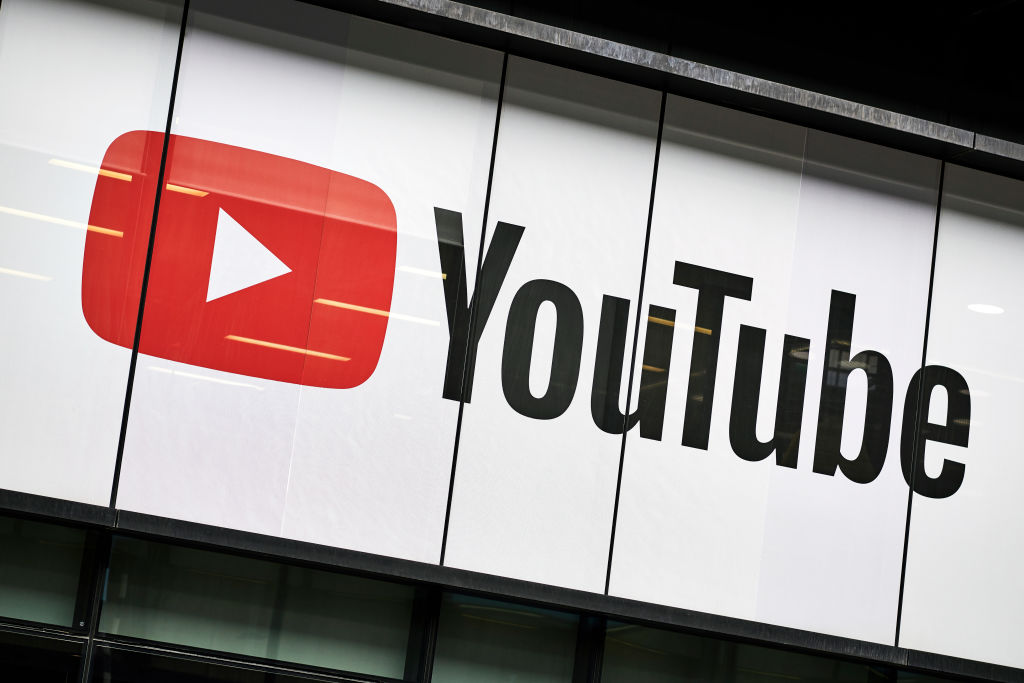In a significant development within the cryptocurrency sector, President Donald Trump has granted a pardon to Changpeng CZ Zhao, the founder of Binance, the world’s largest cryptocurrency exchange. This decision, initially reported by CNBC, has sparked widespread discussion due to Zhao’s previous legal challenges and the broader implications for the crypto industry.
Changpeng Zhao, commonly known as CZ, had earlier admitted to charges related to facilitating money laundering activities through Binance. In 2023, he pleaded guilty to these charges, resulting in a four-month prison sentence served last year. Additionally, Zhao agreed to step down from his role as CEO of Binance, paid a $50 million fine, and committed to refraining from any future executive positions within the company. Binance itself faced substantial penalties, agreeing to a $4.3 billion settlement with the U.S. government, marking one of the largest corporate fines in history.
The White House, through Press Secretary Karoline Leavitt, justified the pardon by stating, President Trump exercised his constitutional authority by issuing a pardon for Mr. Zhao, who was prosecuted by the Biden Administration in their war on cryptocurrency. This statement underscores the administration’s perspective on the previous government’s regulatory approach to the crypto industry.
The timing of the pardon is particularly noteworthy. Just two months prior, The Wall Street Journal reported that the Trump family’s own cryptocurrency venture had benefited from a partnership with a lesser-known trading platform operated by Binance. This venture reportedly generated approximately $4.5 billion since the 2024 election, raising questions about potential conflicts of interest and the motivations behind the pardon.
Binance’s journey has been marked by rapid growth and significant challenges. Launched in June 2017, the exchange quickly ascended to become the largest in the world within 180 days. However, its meteoric rise attracted regulatory scrutiny. In November 2023, Binance and Zhao faced federal charges, admitting to violations including anti-money laundering failures and unlicensed money transmitting. These admissions led to the substantial financial penalties and Zhao’s resignation from his leadership role.
The pardon has elicited mixed reactions from various stakeholders. Supporters argue that it could signal a more favorable regulatory environment for cryptocurrency enterprises in the U.S., potentially fostering innovation and growth within the sector. Critics, however, express concerns about the message it sends regarding accountability and the enforcement of financial regulations.
Legal experts highlight that presidential pardons are a constitutional prerogative, often reflecting the administration’s policy priorities. In this context, the pardon may indicate a shift towards a more lenient stance on cryptocurrency regulation under the current administration.
The broader implications for Binance are yet to be fully realized. While Zhao remains a significant shareholder, his previous agreement to abstain from executive roles raises questions about his future involvement in the company’s operations. Additionally, the pardon does not erase the financial penalties imposed on Binance, which may continue to influence its strategic decisions and market positioning.
Industry analysts are closely monitoring how this development will impact Binance’s relationships with regulators, partners, and users. The exchange’s ability to navigate the complex regulatory landscape will be crucial in maintaining its market leadership and reputation.
In conclusion, President Trump’s pardon of Changpeng Zhao represents a pivotal moment for Binance and the cryptocurrency industry at large. It underscores the evolving interplay between regulatory actions, political decisions, and the rapidly changing crypto landscape. As the industry continues to mature, the balance between innovation and regulation remains a central theme, with developments such as this shaping its trajectory.



